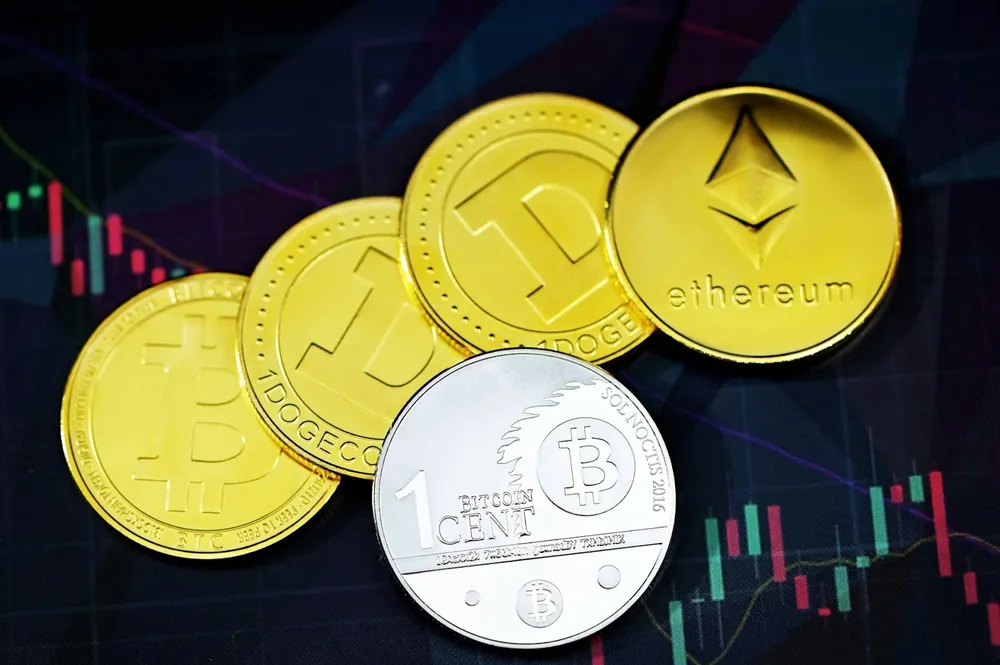
Online casinos have grown fast in recent years. Technology, mobile access, and changing regulations have all played a part. Now, cryptocurrency is shaping up to be the next major shift. It’s not just a payment method. For many, it’s a reason to play.
Faster Payments, Fewer Hurdles
Players want speed. Traditional banking methods come with delays, like withdrawals that take days and payment gateways that ask for endless documents. Crypto bypasses most of that. Transactions can be near instant. Bitcoin, Ethereum, and other coins offer a way to deposit or cash out without the usual waiting times.
There’s also less red tape, no banks to freeze payments, and no intermediaries to question where funds come from. This appeals to users who value privacy or live in countries where gambling laws are unclear.
Trust Without Middlemen
Blockchain doesn’t rely on trust in a third party. The system itself keeps records secure and visible. That’s good news in an industry where some players worry about fairness or transparency. With crypto casinos, game results can be stored on-chain so that anyone can verify that outcomes weren’t tampered with.
Some platforms use this as a key selling point. Games marked as “provably fair” let users confirm results after each round. This adds a layer of confidence, especially for crypto-native users who already expect transparency from Web3 tools and services.
Rising Demand for Bitcoin Casinos
Search traffic and forum activity around crypto casinos have jumped. Players are looking for high-payout BTC casinos ranked by experts as they want better reliability, payout speed, and game selection. Crypto and iGaming writer Carlos De Lanuza says that these sites don’t stall on withdrawals, and most payouts are near-instant.
This matters because many players are cautious. Stories of vanished funds or slow withdrawals are common in crypto spaces. Rankings and reviews help players pick wisely, especially when real money is on the line.
An Edge in Borderless Access
Crypto allows online casinos to reach users who might be blocked by traditional payment systems. A player in one country might not be able to use PayPal or a local card, but they can still play using Bitcoin.
For operators, this means fewer lost customers due to failed payments. It also means fewer fees. Banks and payment processors charge for every transaction. Crypto networks’ cost structures are different; they usually don’t charge for every transaction, or they charge far less.
Challenges Still Remain
There are still hurdles, and volatility is a major one. The value of Bitcoin or Ethereum can swing wildly in a single day. A player who wins 0.1 BTC might see its value drop by hundreds of dollars before they cash out. That’s a risk some are willing to take, but not all.
There’s also the learning curve. Not every player is comfortable managing crypto wallets, and mistakes can be costly. Send funds to the wrong address, and they’re gone. No customer service can reverse it.
Regulation is another factor. Some jurisdictions are still figuring out how to handle crypto gambling, while others have banned it outright. This creates an uneven playing field for operators and users alike.
Crypto Casinos Attract a New Type of Player
A new wave of users, often younger and more tech-savvy, is entering the scene. They don’t just accept crypto, they prefer it. For them, using fiat currencies feels slow and outdated. This new wave of users is used to decentralized apps, NFTs, and staking, so online casinos that accept Bitcoin feel like a natural extension of their interests.
These players also tend to value privacy more. They don’t want to submit ID documents to third-party platforms. Crypto lets them play without giving up control of their personal data.
The Role of Token Rewards and Promotions
Some crypto casinos go further, offering token-based rewards. These might come in the form of cashback, staking bonuses, or player points that can be exchanged for perks. This gamifies the experience and keeps users engaged.
It’s not just about games anymore. It’s about being part of an online ecosystem. Players who win or earn tokens can trade, hold, or use them elsewhere in the Web3 space.
Conclusion
Crypto is already changing how online casinos operate. Faster payments, wider access, and fewer roadblocks make it appealing to both players and operators. While challenges remain, such as volatility, regulation, and user errors, the trend is clear. Bitcoin and other coins are carving out a bigger role in the online gambling world.
As more players look for high-payout platforms and privacy-focused options, crypto casinos are likely to grow. For many, the switch isn’t just about currency. It’s about control, speed, and freedom to play on their terms.